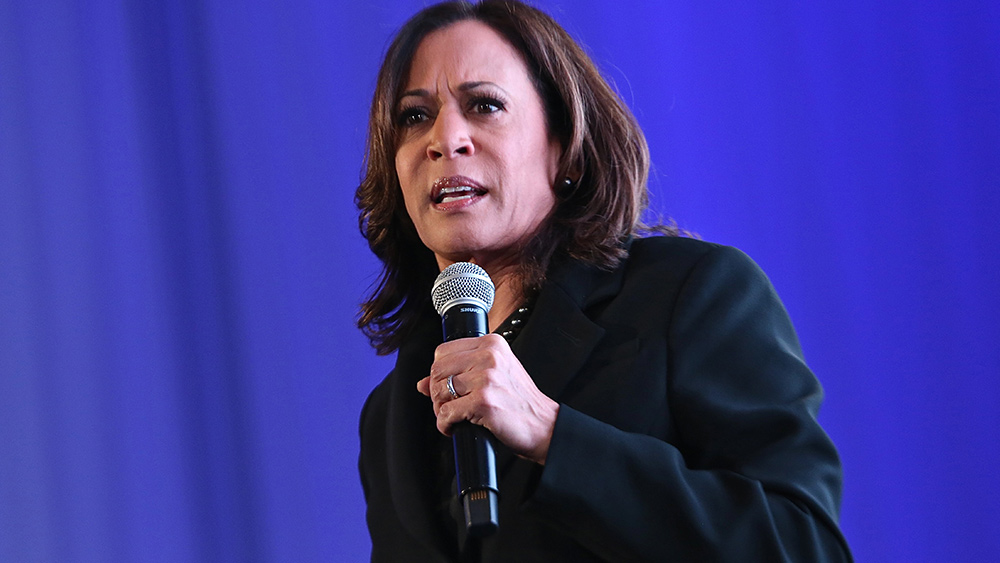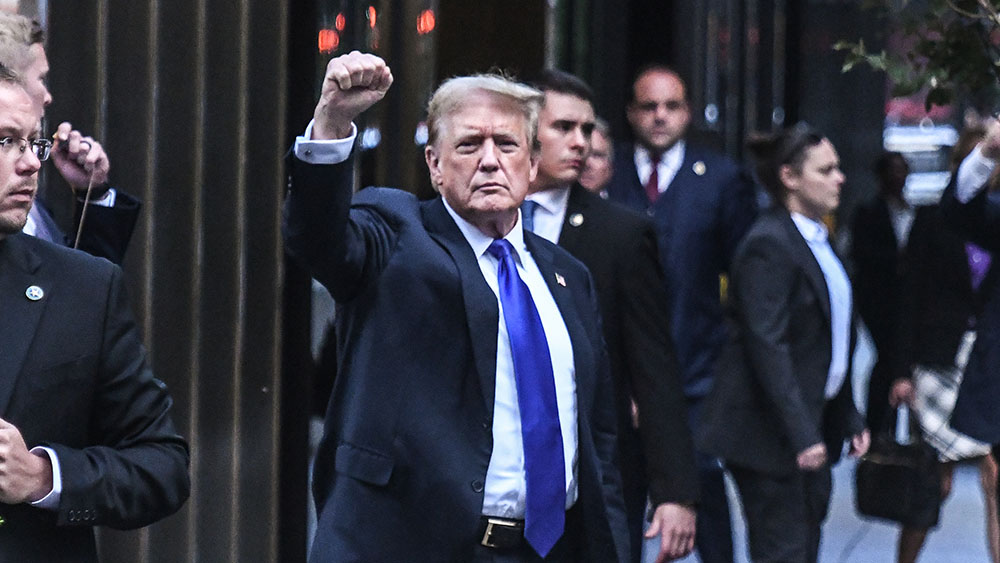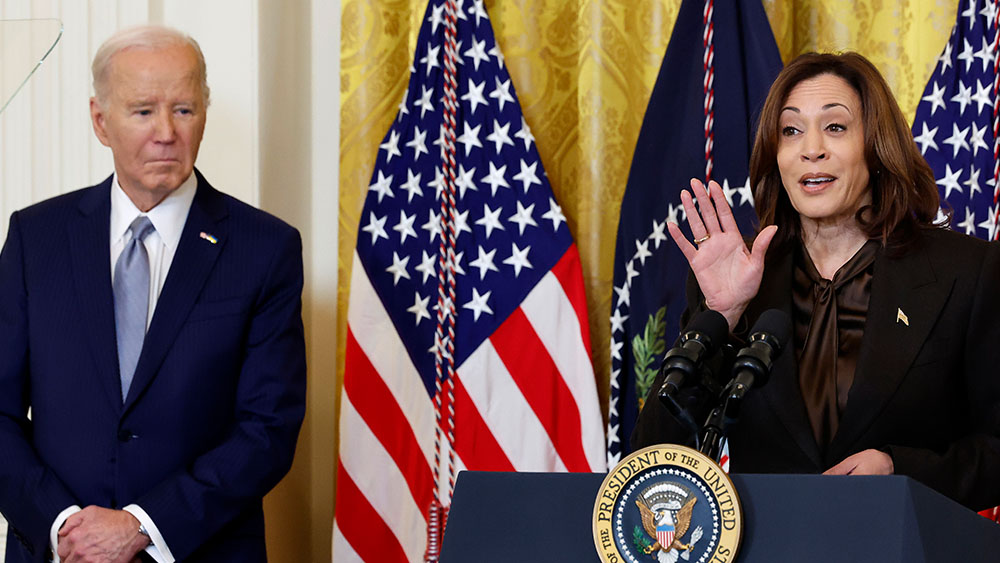 Parler
Parler Gab
Gab
Mask activist on the attack
In March 2023, New York Times columnist Zeynep Tufekci wrote an essay arguing that “masks work” while attacking a review on masks by Cochrane, which publishes the gold standard of evidence for medical interventions. When Tufekci’s piece first appeared, I knew it smelled fishy. Just a month prior, I had published a long Q&A with Tom Jefferson, the lead author of the Cochrane 2023 mask review. Jefferson loves going into all kinds of details about the hierarchy of evidence, how reviews are done, the contrasts between different types of reviews, and other tiny bits of medical information that only interest people with decades of expertise in clinical trials and medical research. In short, very hard to follow. My interest in masks was to help readers cut through all the controversy, to understand whether they really help with COVID and if mask mandates make sense in their schools and local community. I had noticed videos and news stories circulating on social media pointing out that several public health officials had done a 180 from the early months of the pandemic, first stating that masks don’t work, before pivoting to advocate for masks. I called this the “great mask-science flip flop of 2020” and participants included Canada’s chief health officer, Theresa Tam, as well as the leading public health official in England, Jenny Harries. Even Tony Fauci performed a mask-science flip flop, first arguing that masks didn’t work, before pivoting into full-on mask activist.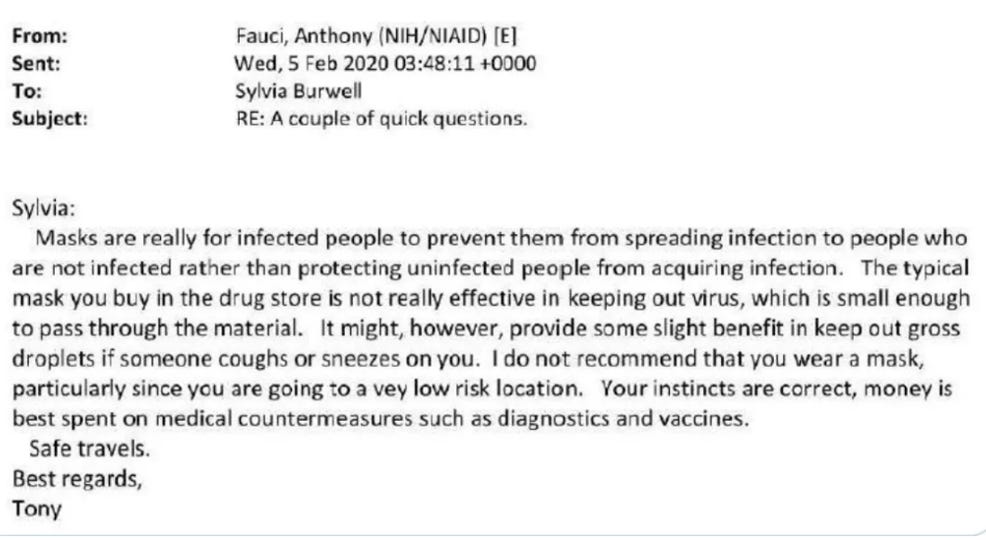 As Jefferson kept rambling on with tiny details about how to perform medical reviews that nobody but an expert in medical reviews could really follow, I stopped him.
“Wait, did you just say that Cochrane has done this mask review several times?” I asked. “This isn’t the first one?”
“Yes,” he replied.
So we went down the list. The Cochrane mask review published in February 2023 wasn’t the first time Cochrane scientists had examined the scientific literature to see if there was any evidence masks worked to stop viruses. They had published prior updates finding the same thing in 2020, 2011 2010, 2009, and 2007.
So the whole thing started 17 years ago.
Every time Cochrane has put out a review that looked at masks, nobody said anything, because masking wasn’t controversial. Everyone agreed that masks didn’t seem to stop viruses. Physicians had first started using masks over a hundred years ago but that was to stop spreading bacteria during surgery. And bacteria are hundreds of times larger than viruses.
I then started digging around and found several scientific studies concluding masks don’t do much to stop respiratory viruses, as well as several examples of international medical bodies drawing similar conclusions. For example, the World Health Organizations stated in their 2019 pandemic preparedness plan, “There have been a number of high-quality randomised controlled trials (RCTs) demonstrating that personal protective measures such as hand hygiene and face masks have, at best, a small effect on influenza transmission.”
As Jefferson kept rambling on with tiny details about how to perform medical reviews that nobody but an expert in medical reviews could really follow, I stopped him.
“Wait, did you just say that Cochrane has done this mask review several times?” I asked. “This isn’t the first one?”
“Yes,” he replied.
So we went down the list. The Cochrane mask review published in February 2023 wasn’t the first time Cochrane scientists had examined the scientific literature to see if there was any evidence masks worked to stop viruses. They had published prior updates finding the same thing in 2020, 2011 2010, 2009, and 2007.
So the whole thing started 17 years ago.
Every time Cochrane has put out a review that looked at masks, nobody said anything, because masking wasn’t controversial. Everyone agreed that masks didn’t seem to stop viruses. Physicians had first started using masks over a hundred years ago but that was to stop spreading bacteria during surgery. And bacteria are hundreds of times larger than viruses.
I then started digging around and found several scientific studies concluding masks don’t do much to stop respiratory viruses, as well as several examples of international medical bodies drawing similar conclusions. For example, the World Health Organizations stated in their 2019 pandemic preparedness plan, “There have been a number of high-quality randomised controlled trials (RCTs) demonstrating that personal protective measures such as hand hygiene and face masks have, at best, a small effect on influenza transmission.”
 So why was I reading a “masks work” essay in the New York Times?
The only explanation is Zeynep Tufekci. I didn’t really know Tufekci until I read her “masks work” essay last year, and when I looked into her background I found that she was mostly unknown in the scientific world until COVID. Once the pandemic started she made a name for herself writing essays in places like Wired and Scientific American. Intrigued, I looked into her academic publishing record and found that her academic CV was a tad barren, with few peer-reviewed studies but a slew of opinion articles.
Plus, Tufecki has no training in medicine or public health.
I then discovered that her profile had exploded in March 2020 when a New York Times media reporter praised Tufekci for a March 1 tweetstorm and March 17 essay in The New York Times that swayed the CDC to alter federal guidance and begin advising people to mask.
As I read the article praising Tufekci, I started laughing at how crazy it was that national policy could be set by tweets and an essay, not anything published by scientists. It was just so bizarre.
Tufekci has bounced around to different universities in the past four years, but at the beginning of the pandemic, she was a professor at the University of North Carolina. North Carolina’s big paper is the Raleigh News & Observer, and I found that they profiled Tufekci in 2021, anointing her a COVID hero who had challenged top health officials and got the facts right — but with essays, not science.
So why was I reading a “masks work” essay in the New York Times?
The only explanation is Zeynep Tufekci. I didn’t really know Tufekci until I read her “masks work” essay last year, and when I looked into her background I found that she was mostly unknown in the scientific world until COVID. Once the pandemic started she made a name for herself writing essays in places like Wired and Scientific American. Intrigued, I looked into her academic publishing record and found that her academic CV was a tad barren, with few peer-reviewed studies but a slew of opinion articles.
Plus, Tufecki has no training in medicine or public health.
I then discovered that her profile had exploded in March 2020 when a New York Times media reporter praised Tufekci for a March 1 tweetstorm and March 17 essay in The New York Times that swayed the CDC to alter federal guidance and begin advising people to mask.
As I read the article praising Tufekci, I started laughing at how crazy it was that national policy could be set by tweets and an essay, not anything published by scientists. It was just so bizarre.
Tufekci has bounced around to different universities in the past four years, but at the beginning of the pandemic, she was a professor at the University of North Carolina. North Carolina’s big paper is the Raleigh News & Observer, and I found that they profiled Tufekci in 2021, anointing her a COVID hero who had challenged top health officials and got the facts right — but with essays, not science.
Instead of conducting lab experiments related to Covid-19, she used her platform on Twitter and in the opinion sections of Scientific American, The Atlantic and The New York Times to inform the public with practical advice about what to do and why.I read that newspaper article thinking, “Thank God Tufekci didn’t use her platform on Twitter to challenge airline pilots at Raleigh-Durham International that she could fly a 747 to London’s Heathrow.” And then I got the emails.
Opinions mean nothing, emails and documents everything
One of the first things I noticed was that Tufecki had emailed Michael Brown, a physician at Michigan State University, on February 24, 2023. According to other emails, I learned that Michael Brown had been the sign off editor for the mask review. Why, I wondered, had Tufekci contacted Brown at this time? Searching the news, I realized that Tufekci’s New York Times colleague, Bret Stephens, had published an essay three days prior, ribbing mask advocates like Tufekci because of Cochrane’s mask review: “The Mask Mandates Did Nothing. Will Any Lessons Be Learned?” Tufekci’s rise in prominence is based mostly on her mask advocacy, and the thrust of Stephens’ piece in the New York Times must have cut her open like a surgeon’s scalpel:[W]hen it comes to the population-level benefits of masking, the verdict is in: Mask mandates were a bust. Those skeptics who were furiously mocked as cranks and occasionally censored as “misinformers” for opposing mandates were right. The mainstream experts and pundits who supported mandates were wrong.Without much of a scientific publishing record and so much of her credibility tied to her mask advocacy, Stephens’ essay must have felt threatening. But when she contacted Brown, Tufekci laid it on thick that she was an academic researcher, claiming expertise in statistics and causal inference, as well as scientific reviews. “I use and participate in reviews myself (I’m writing one in my own field soon) and thus am familiar with many of the challenges and issues.”
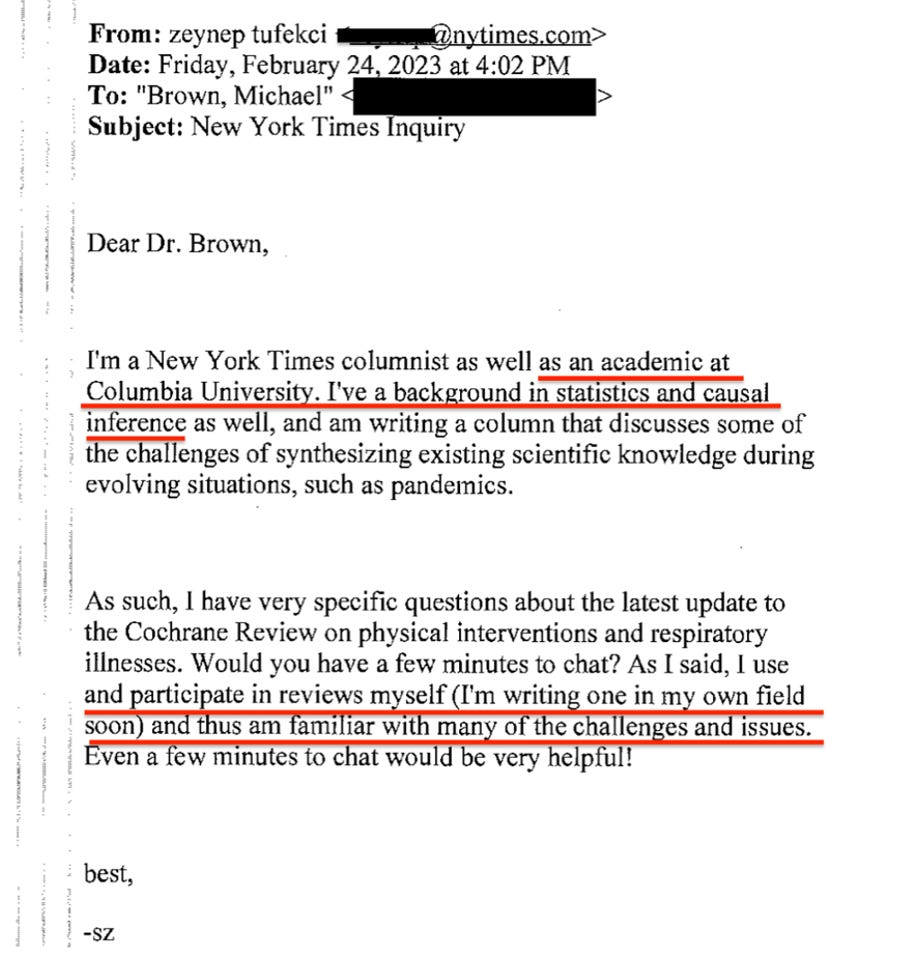 You don’t need to have attended university to know that Tufekci is fibbing here. I glanced through Google Scholar to see what Tufeckci has published in the academic literature and didn’t find much except opinion pieces. In all of 2024, Tufecki has not published a single article in the scientific literature, and in 2023, she published one piece: an opinion essay.
You don’t need to have attended university to know that Tufekci is fibbing here. I glanced through Google Scholar to see what Tufeckci has published in the academic literature and didn’t find much except opinion pieces. In all of 2024, Tufecki has not published a single article in the scientific literature, and in 2023, she published one piece: an opinion essay.
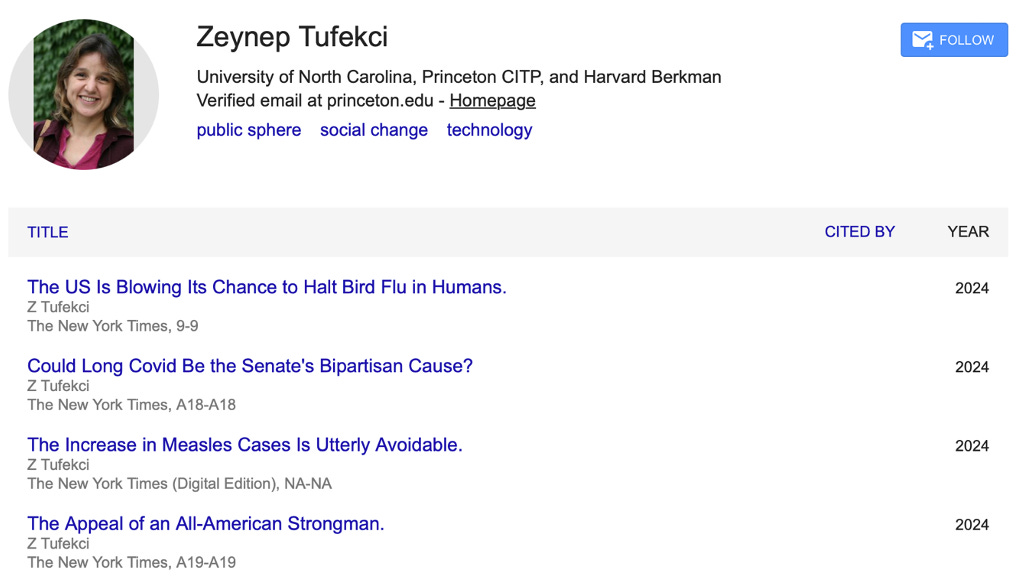 As for the review Tufeckis told Brown in March 2023 that she was writing “in my own field soon”? It has never appeared.
When I contacted Brown about Tufekci, he told me that he had been a bit naive perhaps in dealing with her, as he hadn’t looked into her background, and didn’t realize that she was a mask activist. But what Tufecki did with the quotes she took from Brown is quite disturbing.
In her article, Tufekci quoted Brown and followed up in the next paragraph implying that he supported the idea that “the evidence is really straightforward” that masks provide protection from COVID. But Brown told me that’s not what the science concludes.
Here’s the section of Tufekci’s essay:
As for the review Tufeckis told Brown in March 2023 that she was writing “in my own field soon”? It has never appeared.
When I contacted Brown about Tufekci, he told me that he had been a bit naive perhaps in dealing with her, as he hadn’t looked into her background, and didn’t realize that she was a mask activist. But what Tufecki did with the quotes she took from Brown is quite disturbing.
In her article, Tufekci quoted Brown and followed up in the next paragraph implying that he supported the idea that “the evidence is really straightforward” that masks provide protection from COVID. But Brown told me that’s not what the science concludes.
Here’s the section of Tufekci’s essay:
Brown, who led the Cochrane review’s approval process, told me that mask mandates may not be tenable now, but he has a starkly different feeling about their effects in the first year of a pandemic. “Mask mandates, social distancing, the other shutdowns we had in terms of even restaurants and things like that — if places like New York City didn’t do that, the number of deaths would have been much higher,” he told me. “I’m very confident of that statement.” So the evidence is relatively straightforward: Consistently wearing a mask, preferably a high-quality, well-fitting one, provides protection against the coronavirus.This is just sleazy. When I contacted Brown, he said that Tufecki spun his words, because the evidence is clear that masks don’t seem to do much. Brown actually stated as much some months after Tufekci interviewed him. Emailing the organizer of a talk he was giving, Brown wrote that masks “likely” provide “some” protection but “do not make a major impact at the community level when promoted as a public health intervention.”
 This is basically the opposite of how Tufekci framed Brown’s quote in her essay.
Brown also told me that he had told Tufekci to contact the scientists who wrote the Cochrane review, because they are the real experts. Duh! While he was the editor of the review, he hadn’t read each and every published study like the review authors.
But Tufekci ignored Brown. Instead, Tufekci contacted Karla Soares-Weiser, the woman running Cochrane. Apparently, Tufekci sent a slew of questions, because Soares-Weiser then emailed Lisa Bero, a professor medicine at the University of Colorado who serves as Cochrane ethics advisor.
“Lisa, I have been back and forth with NYT about the mask review. CAN I GET YOUR VIEWS ON THE FOLLOWING QUESTIONS?” emailed Soares-Weiser. She then sent questions to Bero that she had gotten from Tufekci.
What makes this all comical is that Tufekci obviously knows nothing about reviews, yet Soares-Weiser freaked out because Tufekci writes a column at the New York Times.
It’s science by essay writer.
After Bero answered the questions, Soares-Weiser thanked her. “Thank you, Lisa. I'm navigating a difficult situation and of course need to take these points into account. Help appreciated.”
This is basically the opposite of how Tufekci framed Brown’s quote in her essay.
Brown also told me that he had told Tufekci to contact the scientists who wrote the Cochrane review, because they are the real experts. Duh! While he was the editor of the review, he hadn’t read each and every published study like the review authors.
But Tufekci ignored Brown. Instead, Tufekci contacted Karla Soares-Weiser, the woman running Cochrane. Apparently, Tufekci sent a slew of questions, because Soares-Weiser then emailed Lisa Bero, a professor medicine at the University of Colorado who serves as Cochrane ethics advisor.
“Lisa, I have been back and forth with NYT about the mask review. CAN I GET YOUR VIEWS ON THE FOLLOWING QUESTIONS?” emailed Soares-Weiser. She then sent questions to Bero that she had gotten from Tufekci.
What makes this all comical is that Tufekci obviously knows nothing about reviews, yet Soares-Weiser freaked out because Tufekci writes a column at the New York Times.
It’s science by essay writer.
After Bero answered the questions, Soares-Weiser thanked her. “Thank you, Lisa. I'm navigating a difficult situation and of course need to take these points into account. Help appreciated.”
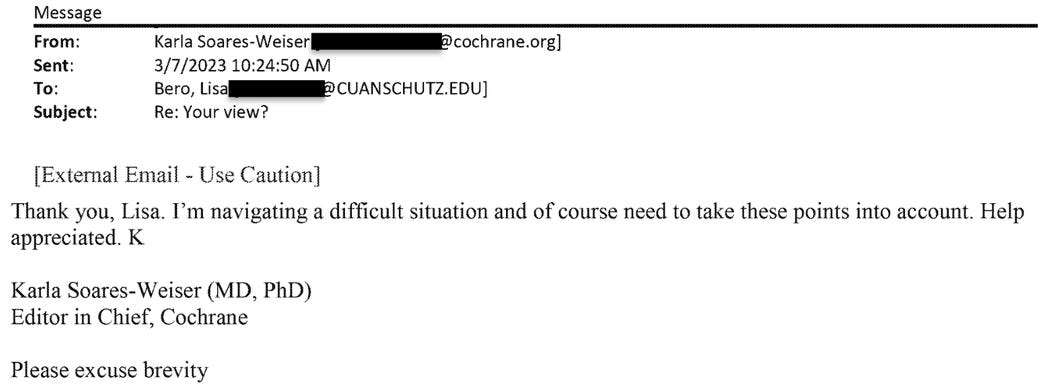 For anyone with a passing familiarity with scientific research, one thought should come immediately to mind: why didn’t Soares-Weiser tell Tufekci to send those questions to scientists who had written the review? That’s what Michael Brown did.
That will become clear in a bit.
I got a copy of the email Tufekci sent Jefferson for questions and it’s dated March 9, the day before she published her 2000+ word essay. I’ve written for the New York Times. It’s a rather laborious process dealing with editors and fact checkers. It would impossible for Tufekci to contact Jefferson for comment and then slam out a 2000+ word essay, get that essay edited, deal with those edits, and then get it fact checked.
What those dates tell you is that Tufekci had the essay ready to publish before she contacted Jefferson for comment, suggesting she didn’t even care what he had to say. Jefferson has been publishing scientific research on respiratory virus for several decades, but Tufekci wasn’t interested in what he had to say because she already considered herself the expert.
The day Tufecki published her essay, Soares-Weiser then rushed out a statement claiming she was working to fix problems in the Cochrane mask review. But Soares-Weiser did this without consulting the scientists who had done the work. This would be like the editor-in-chief of the New York Times publishing an essay complaining about a New York Times investigative series without bothering to consult any of the reporters or editors who had done the work.
“I will not speak for the others but am deeply distressed by this course of events which have occurred without our knowledge,” replied Jon Conly, a professor and former head of the department of medicine at the University of Calgary.
For anyone with a passing familiarity with scientific research, one thought should come immediately to mind: why didn’t Soares-Weiser tell Tufekci to send those questions to scientists who had written the review? That’s what Michael Brown did.
That will become clear in a bit.
I got a copy of the email Tufekci sent Jefferson for questions and it’s dated March 9, the day before she published her 2000+ word essay. I’ve written for the New York Times. It’s a rather laborious process dealing with editors and fact checkers. It would impossible for Tufekci to contact Jefferson for comment and then slam out a 2000+ word essay, get that essay edited, deal with those edits, and then get it fact checked.
What those dates tell you is that Tufekci had the essay ready to publish before she contacted Jefferson for comment, suggesting she didn’t even care what he had to say. Jefferson has been publishing scientific research on respiratory virus for several decades, but Tufekci wasn’t interested in what he had to say because she already considered herself the expert.
The day Tufecki published her essay, Soares-Weiser then rushed out a statement claiming she was working to fix problems in the Cochrane mask review. But Soares-Weiser did this without consulting the scientists who had done the work. This would be like the editor-in-chief of the New York Times publishing an essay complaining about a New York Times investigative series without bothering to consult any of the reporters or editors who had done the work.
“I will not speak for the others but am deeply distressed by this course of events which have occurred without our knowledge,” replied Jon Conly, a professor and former head of the department of medicine at the University of Calgary.
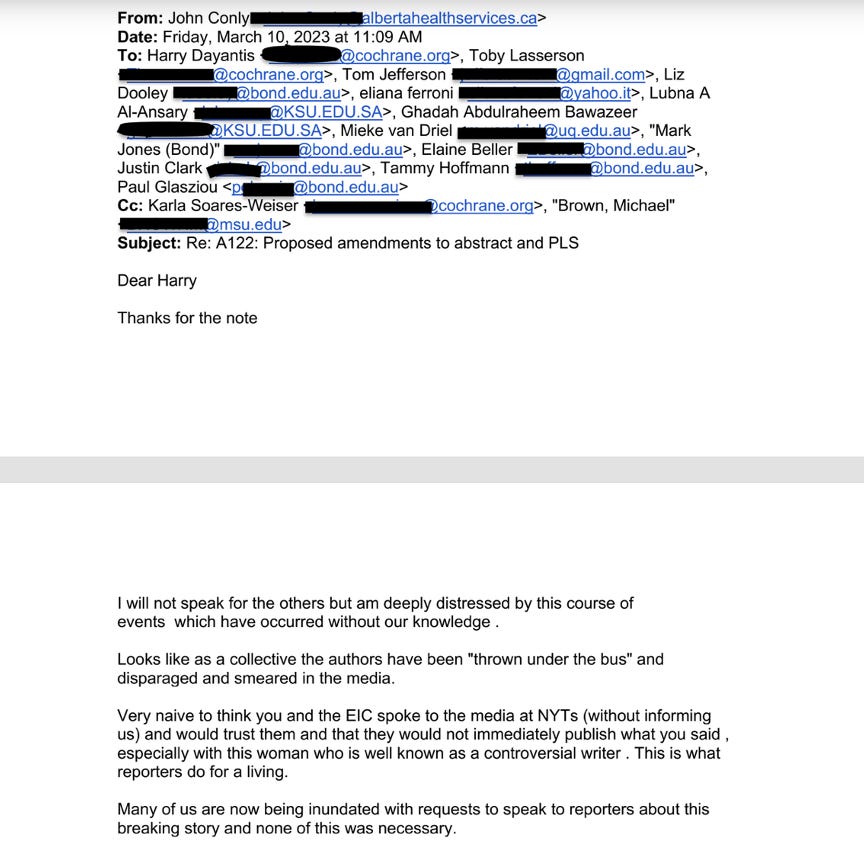 Michael Brown responded that he had spoken to Tufekci and told her that “I stood by the conclusions of the review but asked that she reach out to you, the authors, to answer some of her questions directly. She assured me that she would do so.”
Michael Brown responded that he had spoken to Tufekci and told her that “I stood by the conclusions of the review but asked that she reach out to you, the authors, to answer some of her questions directly. She assured me that she would do so.”
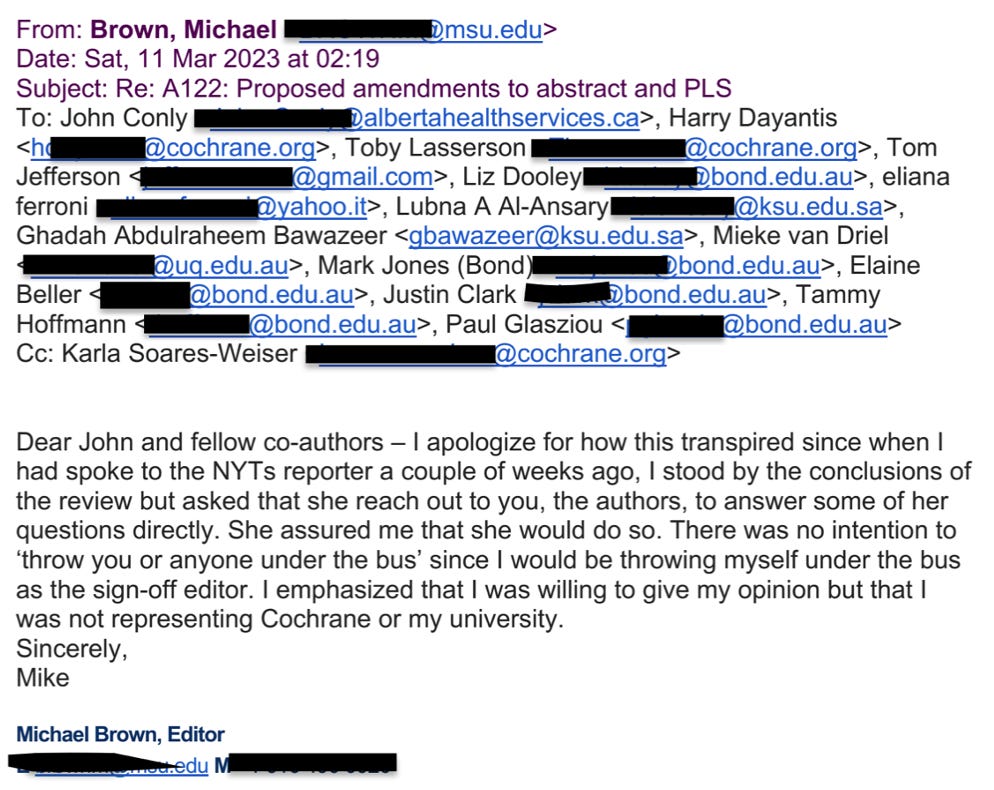 Of course, Tufekci did NOT reach out to the scientific authors, because she wasn’t interested in what they had to say.
Brown then sent an email to Soares-Weiser and several of the Cochrane editors reminding them that changes were being considered to the mask review language, even though it was the same wording as had been used in the 2020 update.
Why were changes being considered then? As Brown explained, it had nothing to do with science. “[I]t was only under intense media coverage and criticism that these revisions were suggested.”
Of course, Tufekci did NOT reach out to the scientific authors, because she wasn’t interested in what they had to say.
Brown then sent an email to Soares-Weiser and several of the Cochrane editors reminding them that changes were being considered to the mask review language, even though it was the same wording as had been used in the 2020 update.
Why were changes being considered then? As Brown explained, it had nothing to do with science. “[I]t was only under intense media coverage and criticism that these revisions were suggested.”
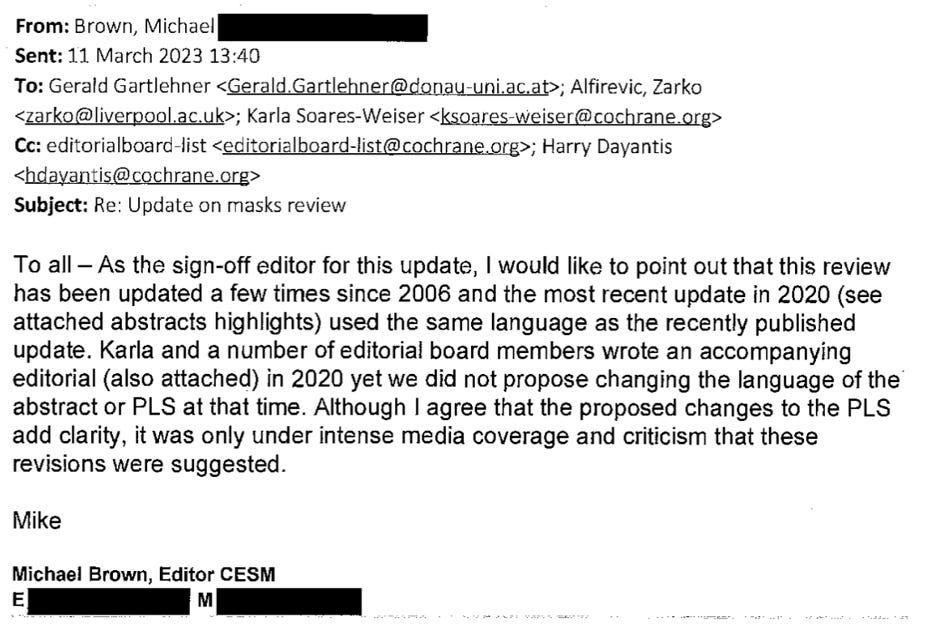 Emails find that Soares-Weiser appeared to be in a bit of panic, monitoring negative commentary about her decision to publish a statement without bothering to consult the scientists. “I had a challenging meeting with the [governing board] yesterday. I am holding on, stressed, but OK,” she emailed Lisa Bero.
Emails find that Soares-Weiser appeared to be in a bit of panic, monitoring negative commentary about her decision to publish a statement without bothering to consult the scientists. “I had a challenging meeting with the [governing board] yesterday. I am holding on, stressed, but OK,” she emailed Lisa Bero.
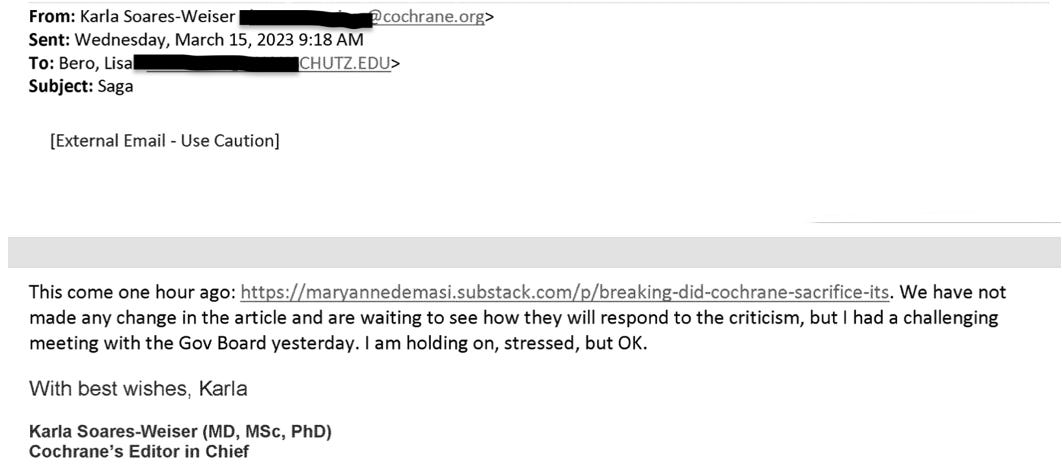 Bero then suggested to Soares-Weiser that Cochrane publish negative comments being submitted by outsiders criticizing the mask review. “That should be published as soon as possible (following screening for libel or profanity),” Bero emailed. “It is important for readers to know that criticism has not just come through the media, but through the formal channels that we have.”
Bero then suggested to Soares-Weiser that Cochrane publish negative comments being submitted by outsiders criticizing the mask review. “That should be published as soon as possible (following screening for libel or profanity),” Bero emailed. “It is important for readers to know that criticism has not just come through the media, but through the formal channels that we have.”
 Shortly after bullying Cochrane’s Soares-Weiser to put out a statement claiming she would make changes to the mask review, Tufekci began tweeting that she had gotten the review “corrected.”
However, this isn’t true.
Shortly after bullying Cochrane’s Soares-Weiser to put out a statement claiming she would make changes to the mask review, Tufekci began tweeting that she had gotten the review “corrected.”
However, this isn’t true.
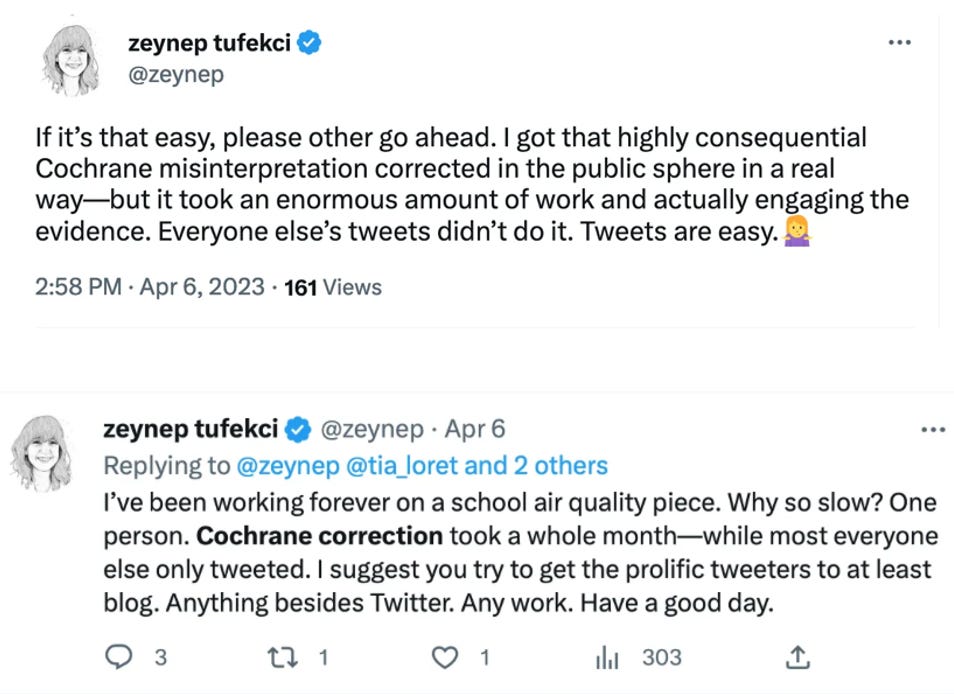 A month back, Soares-Weiser put out a correction to her prior statement, and now says that Cochrane will not make any changes to the mask review.
A month back, Soares-Weiser put out a correction to her prior statement, and now says that Cochrane will not make any changes to the mask review.
 The entire saga calls into question Zeynep Tufekci’s ethics and whether Soares-Weiser is still fit to lead Cochrane.
Read more at: DisinformationChronicle.Substack.com
The entire saga calls into question Zeynep Tufekci’s ethics and whether Soares-Weiser is still fit to lead Cochrane.
Read more at: DisinformationChronicle.Substack.com
Mayorkas: DHS NOT RESPONSIBLE for illegal alien murdering a mother in Maryland
By Ava Grace // Share
IDF recovers 6 bodies of Israeli hostages from Gaza tunnels
By Laura Harris // Share
EU nations reject Zelensky’s plea to repatriate fighting-age Ukrainian refugees
By Richard Brown // Share
Expert: US intelligence agencies using psyops to thwart Trump, undermine democracy
By News Editors // Share
They’ve selected Kamala and this is their plan
By News Editors // Share
Governments continue to obscure COVID-19 vaccine data amid rising concerns over excess deaths
By patricklewis // Share
Tech giant Microsoft backs EXTINCTION with its support of carbon capture programs
By ramontomeydw // Share
Germany to resume arms exports to Israel despite repeated ceasefire violations
By isabelle // Share
